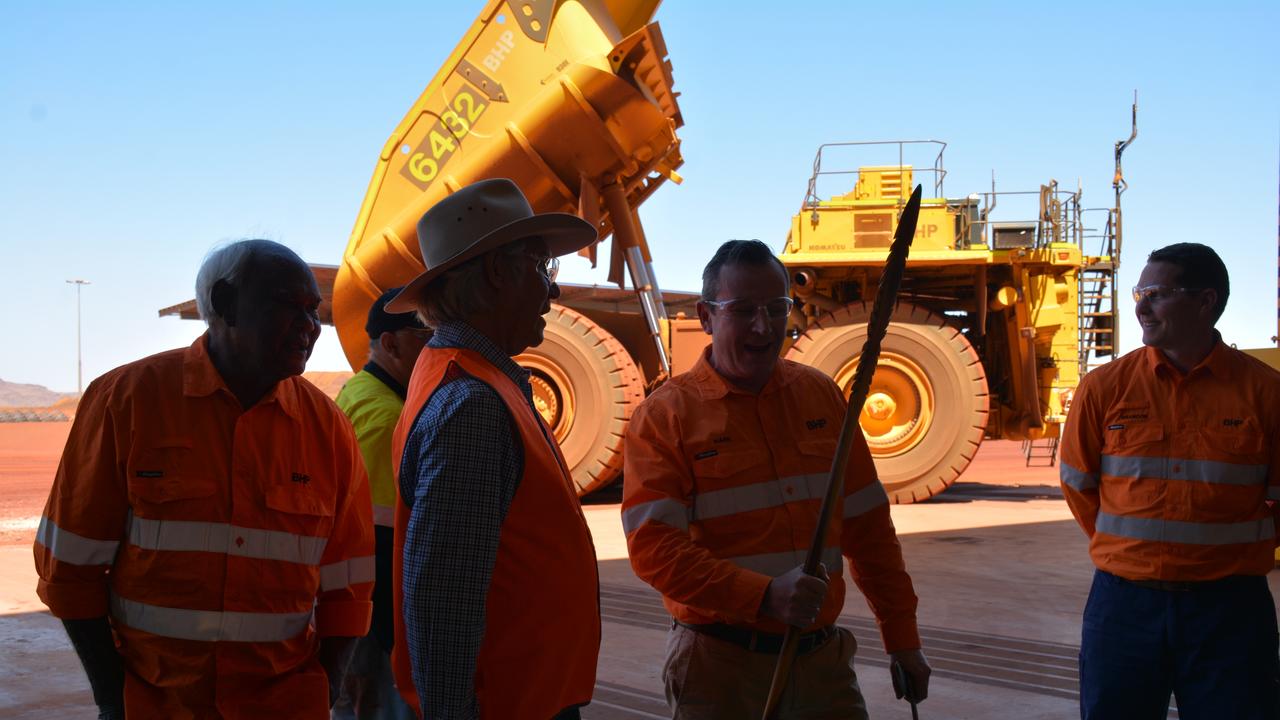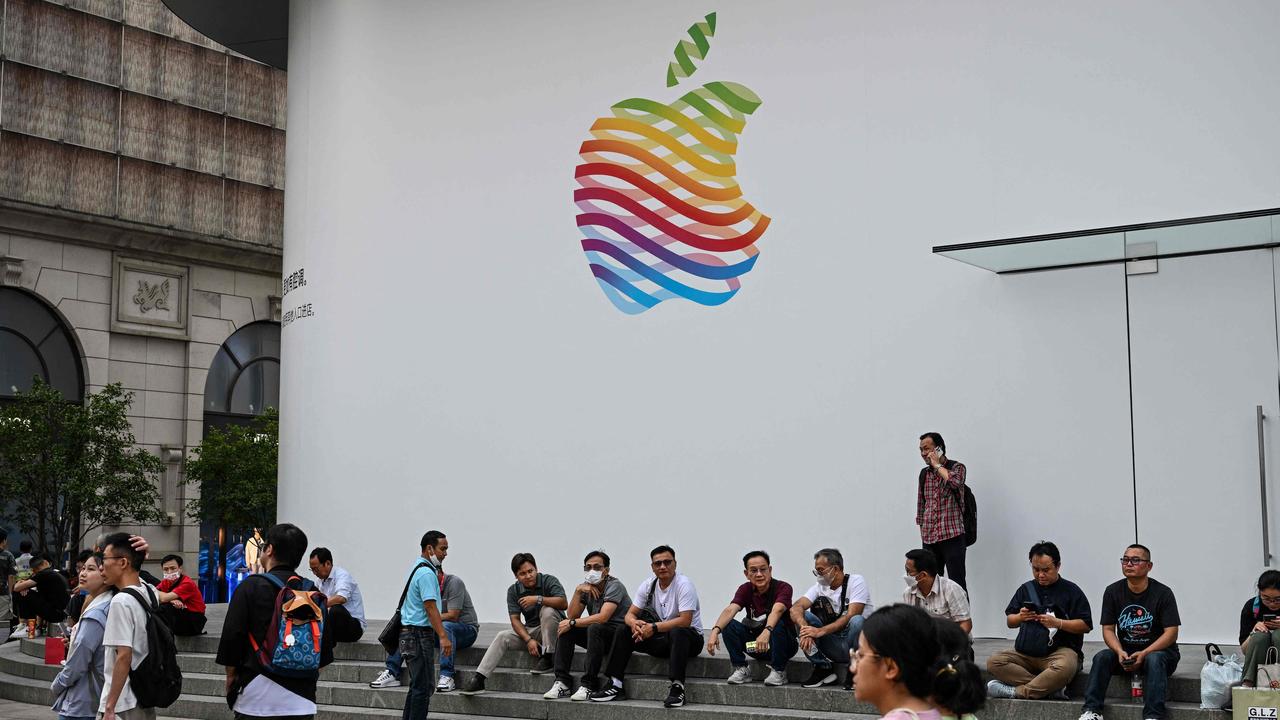Miners weigh heavily on Australian sharemarket as Apple bleeds $300bn in US over iPhone ban
Falls in the materials sector saw the local sharemarket close lower on Friday, while Apple stocks took a battering in the US overnight.
A rally in the last hour of trading wasn’t enough to claw back losses after falls in the materials sector saw the local sharemarket close lower on Friday.
The S & P/ASX200 closed 14.3 points, or 0.2 per cent lower at 7,5167.7, while the broader All Ordinaries fell slightly further, closing 16.8 points, or 0.23 per cent lower to 7.358.1 points.
Over the last five days of trading, the benchmark fell 1.7 per cent, following continued volatility in global markets amid concerns that the Fed may not be yet done with raising rates, and further signs of deteriorating in the Chinese economy.
China’s faltering economic outlook weighed heavily on the iron ore price, with October futures in Singapore now pricing the commodity at $US113.20 a tonne, down from a four-month high of $US116.25 earlier this week.

Losses from iron ore miners weighed heavily on the materials sectors which fell 1 per cent. Fortescue fell 2.37 per cent to $19.40 a share, Rio Tinto down 1.7 per cent to $111.17 and BHP fell 1.2 per cent to $43.19.
Mixed miner Mineral Resources also pulled down the sector, shredding 3.8 per cent as it traded ex-dividend on Friday.
Glass bottle maker Orrora took a further 3.2 per cent hit to its share price.
On Wednesday, its shares hit the market for the first time since August 30 after it raised $1.34bn to acquire French glass bottles maker Saverglass from US private equity giant The Carlyle Group.
In the United States overnight, Apple stocks continued to bleed just days before the launch of its new iPhone.

Apple shares lost almost 3 per cent on Thursday, wiping out more than $300bn of market value in just two days after the Chinese government announced a ban on iPhones in government agencies and state enterprises.
AMP chief economist Dr Shane Oliver said the tougher week on the local share market reflected a broader correction after global market rallies last week.
“We saw a bit of a bounce at the end of August, which helped our market last week. But that now seems to be giving way to weakness again, as investors fret about the global growth outlook,” Dr Oliver said.

The risk of recession, concerns about continued monetary tightening, and worries about the Chinese economy were also playing into the the downbeat outlook.
Despite the Chinese government kicking off a recent round of stimulus to its ailing property sector, Dr Oliver said Chinese markets were yet to be convinced that this intervention could halt the economy from weakening further.
“I think investors started to welcome those measures, but they're still not seen as enough to turn the economy around,” he said.
Focus will now turn to fresh Chinese monthly inflation data which is due over the weekend.



